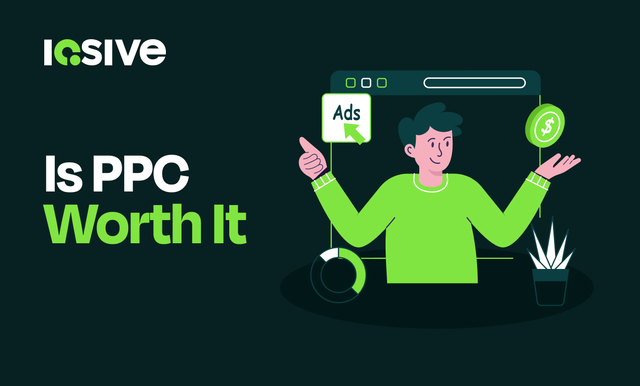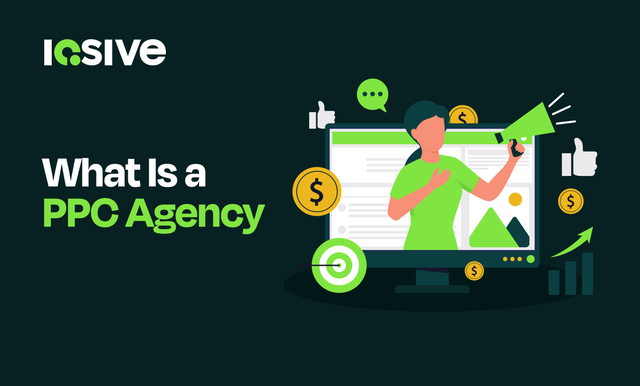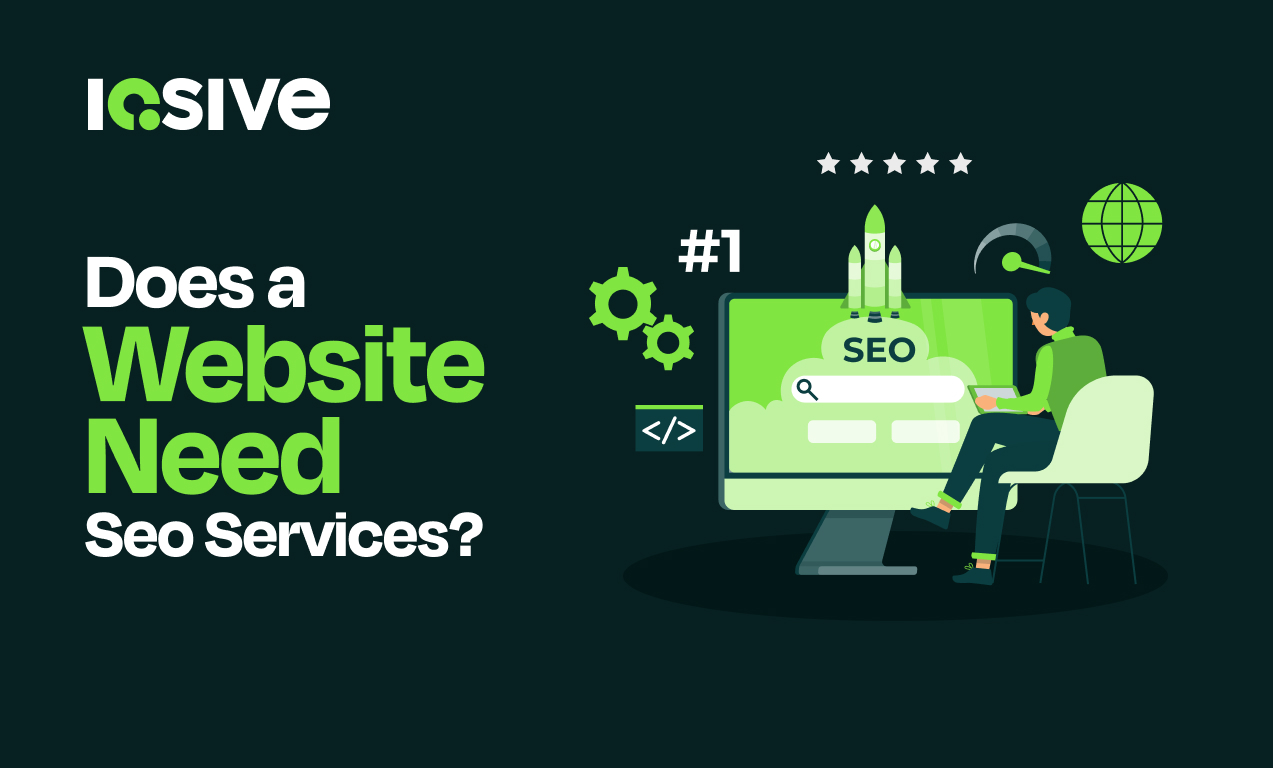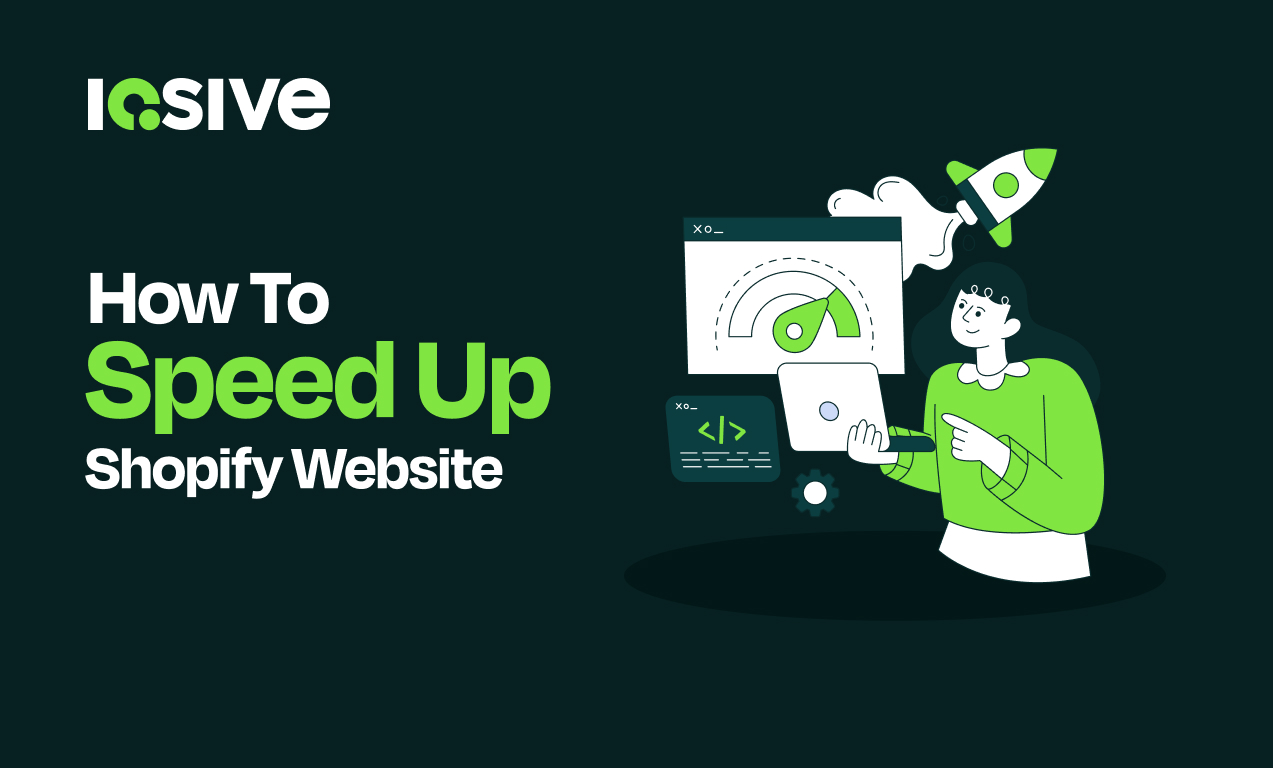Pay-per-click (PPC) advertising often sparks debate among business owners: is it a smart investment or an expensive gamble? The truth is, PPC can be one of the most powerful digital marketing strategies when executed correctly. It provides immediate visibility, measurable results, and scalable growth opportunities. However, it also comes with risks like rising costs and short-term gains if not managed strategically. This guide explores whether PPC is truly worth it for your business, weighing the benefits, drawbacks, and scenarios where it delivers the highest value.
Understanding PPC Advertising
What Is Pay-Per-Click Marketing?
Pay-per-click marketing is a digital advertising model where businesses pay a fee each time a user clicks on their ad. Unlike traditional advertising, where costs are fixed regardless of engagement, PPC ensures you only pay when someone actively interacts with your campaign. Platforms like Google Ads, Bing Ads, and social networks such as Facebook and LinkedIn are the most common PPC channels. Businesses use PPC to drive traffic, capture leads, or boost sales almost instantly.
How PPC Works Compared to Other Advertising Models
In PPC, advertisers bid on specific keywords or audience segments. When a user searches for that keyword or matches targeting criteria, the ad enters an auction. The winning ad appears, and if clicked, the advertiser pays the bid amount. Unlike CPM (cost per thousand impressions) or flat-rate advertising, PPC ensures spending is tied directly to user engagement. This makes it one of the most accountable and trackable forms of advertising.
The Advantages of PPC Advertising
Immediate Visibility and Fast Results
Unlike SEO, which can take months to show results, PPC ads appear instantly once launched. Businesses can generate website traffic, leads, or sales on the same day. This is particularly valuable for product launches, seasonal promotions, or time-sensitive campaigns.
Targeted Audience Reach and Precision
PPC allows highly granular targeting. Advertisers can segment audiences based on demographics, interests, search behavior, location, and even device type. This ensures ads reach users most likely to convert, reducing wasted spend compared to broad campaigns.
Budget Control and Flexible Spending
PPC platforms allow businesses to set daily or monthly budgets, making it possible to start small and scale gradually. Campaigns can be paused, adjusted, or optimized in real time, giving advertisers complete financial control.
Measurable ROI and Data-Driven Insights
Every click, impression, and conversion in PPC is trackable. Businesses can measure ROI accurately and use data to refine campaigns continuously. Unlike traditional advertising, where results are harder to quantify, PPC offers real-time performance insights.
The Potential Drawbacks of PPC
Rising Costs and Competitive Bidding
PPC costs vary widely across industries. In highly competitive sectors like law, finance, or healthcare, a single click can cost $50 or more. Rising competition drives up bids, making PPC expensive if not managed strategically.
Click Fraud and Wasted Ad Spend
Click fraud, when competitors or bots repeatedly click ads to drain budgets,is a persistent issue. Although platforms like Google have fraud detection systems, businesses still risk wasted spend if not vigilant.
Short-Term Visibility vs. Long-Term Value
PPC delivers instant results but stops the moment you stop funding campaigns. Unlike SEO, which builds long-term organic visibility, PPC’s value is tied to continuous investment. Businesses relying solely on PPC may struggle to build sustainable growth.
Comparing PPC With SEO and Other Channels
PPC vs. SEO: Which Delivers Better ROI?
SEO focuses on building long-term organic visibility, while PPC provides immediate results. SEO is generally more cost-effective over time but requires patience and ongoing content investment. PPC, on the other hand, offers instant exposure but can become costly. The best approach often involves integrating both.
PPC vs. Social Media Advertising
PPC platforms like Google Ads capture high-intent searchers, while social media ads focus more on awareness and audience engagement. Social ads excel at building brand recognition and nurturing audiences, while PPC excels at converting demand into leads or sales.
When to Combine PPC and SEO for Growth
The most effective digital strategies blend PPC and SEO. PPC can cover competitive keywords while SEO efforts gain traction. Businesses often use PPC to test keyword profitability before investing in long-term SEO strategies.
When PPC Is Worth the Investment
Best Industries and Niches for PPC Success
Industries with high customer lifetime value—such as SaaS, healthcare, finance, and legal services, often see the best ROI from PPC. E-commerce brands also benefit by running shopping ads to capture purchase-ready customers.
Signs Your Business Should Invest in PPC
PPC is worth considering if your business needs fast leads, operates in a competitive niche, or struggles to rank organically. It’s also useful for testing product-market fit or scaling proven offers.
Budget Scenarios That Make PPC Viable
PPC works best when businesses allocate enough budget to gather meaningful data. Running ads with only a few dollars per day often fails to produce reliable insights. A flexible, test-and-scale budget is key to long-term profitability.
How to Maximize ROI from PPC Campaigns
Crafting High-Converting Ad Copy
Effective PPC ads balance compelling copy with strong calls-to-action. Highlighting benefits, addressing pain points, and offering clear next steps can significantly improve click-through rates.
Leveraging Audience Targeting and Keywords
Success depends on smart keyword and audience targeting. Negative keywords help eliminate irrelevant clicks, while audience segmentation ensures ads are shown to users most likely to convert.
Landing Page Optimization for Better Conversions
Even the best ads will fail without optimized landing pages. Clear messaging, fast loading times, and trust-building elements like reviews or guarantees help increase conversions.
Tracking and Analyzing Performance Metrics
Key metrics such as CTR (click-through rate), CPC (cost per click), conversion rate, and ROAS (return on ad spend) must be monitored closely. Regular analysis allows advertisers to refine campaigns and eliminate waste.
Final Verdict: Is PPC Worth It for Your Business?
PPC is not universally right or wrong, it depends on your business goals, budget, and industry. For businesses that need fast results, operate in high-value markets, or want to complement SEO efforts, PPC is often worth the investment. However, businesses with very limited budgets or without the resources to optimize campaigns may find it challenging. The most sustainable approach is often using PPC as a targeted growth lever while building long-term organic strategies in parallel.
FAQs:
Q1: Is PPC worth it for small businesses with limited budgets?
Yes, but only if budgets are allocated strategically. Small businesses should focus on niche keywords, local targeting, and highly optimized campaigns to avoid waste.
Q2: How long does it take to see results from PPC campaigns?
Most businesses see results within days of launching, but it can take several weeks of optimization to achieve consistent ROI.
Q3: What industries benefit the most from PPC advertising?
Industries with high margins and customer lifetime value,such as legal, healthcare, software, and finance—typically see the strongest returns.
Q4: Can PPC work without a strong website or landing page?
PPC can drive traffic, but without a well-optimized website or landing page, conversions will suffer. A strong destination is essential to maximize ROI.
Q5: How does PPC compare to SEO in terms of cost-effectiveness?
PPC offers instant results but at a continuous cost, while SEO takes longer but delivers sustainable organic growth. Over time, SEO often becomes more cost-effective.
Q6: What are common mistakes businesses make in PPC campaigns?
Common mistakes include poor keyword targeting, ignoring negative keywords, sending traffic to weak landing pages, and failing to track performance data.
Q7: How do I know if my PPC ads are profitable?
Profitability can be measured through ROAS, conversion tracking, and customer lifetime value. If revenue from conversions consistently exceeds ad spend, the campaign is profitable.












